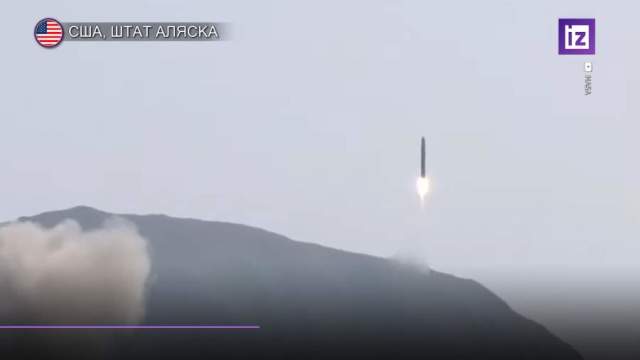Washington. October 28. INTERFAX - The launch of the Rocket 3.2 launch vehicle with an experimental vehicle in the interests of the US Space Forces has been postponed to November 5, the developer company Astra Space has announced.
The reason is the incompleteness of planned repair work at the Pacific Space Complex on Kodiak Island (Alaska), from where the launch is planned.
This should be the second attempt by Astra Space to launch a US Space Force spacecraft into orbit. At the end of August, the launch failed due to problems with the engines during the flight.
The American space startup Astra Space, which began testing its light carriers in 2018, has not yet made a single completely successful launch. All of them were either unsuccessful or partially successful.
The Rocket 3.2 carrier is a two-stage rocket with five engines. It should put up to 150 kg of payload into a 500-kilometer sun-synchronous orbit. The length of the rocket is only 11.6 m and can be transported in a container to any launch complex.
According to the company's CEO Chris Kemp, the high efficiency of the rocket can allow Astra to take a serious competitive position in the space launch market. According to the company, its rocket will be the simplest and most technologically advanced carrier in the world. The cost of one start is about $2.5 million. For comparison, the launch of SpaceX's Falcon 9 heavy-class rocket is estimated at more than $60 million.
Astra participated in the competition of the Defense Advanced Research Projects Agency (DARPA) of the US Department of Defense to create a light carrier to perform an urgent launch of cargo into orbit, which is ordered by the Pentagon, at least three to four days before launch.

